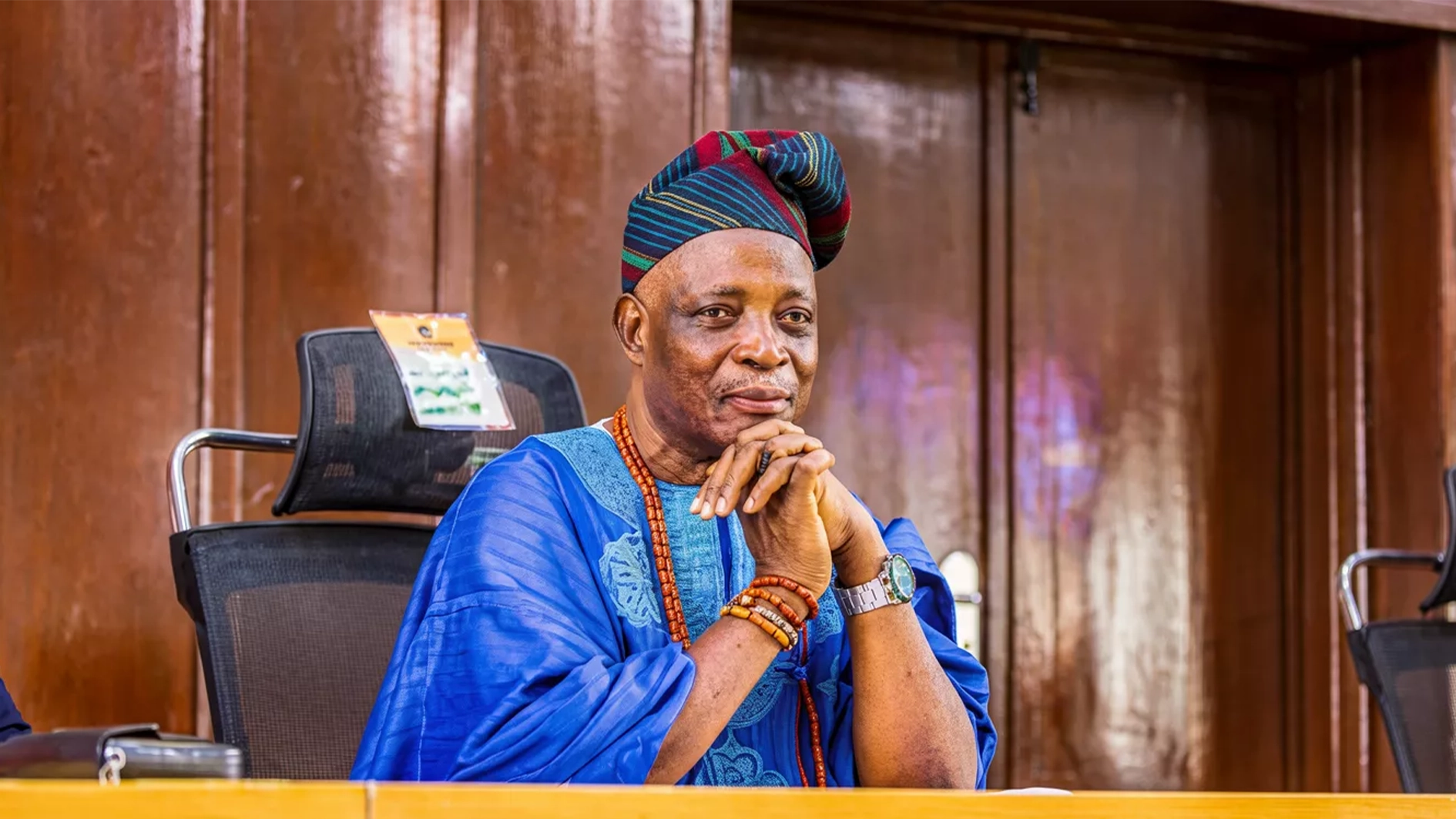The National Drug Law Enforcement Agency (NDLEA), in collaboration with BRAVE-IT, has raised concerns over the rising connection between drug abuse, youth radicalisation, and terrorism in Nigeria.
These concerns were highlighted during the 2025 BRAVE-IT National Security Breakfast Meeting held in Abuja. The event, themed “Pathway: Inter-Agency Collaboration and Citizens’ Cooperation in the Fight Against Kidnapping, Insurgency and Terrorism in Nigeria,” brought together top stakeholders to discuss pressing security threats.
The NDLEA Chairman/Chief Executive, Brig. Gen. Mohamed Buba Marwa (Retd), was representated the Deputy Director of Drug Demand Reduction, Muhammed Bashir Ibrahim, who delivered a sobering analysis of the link between drugs and terrorism.
The agency also warned that drug trafficking has become a lucrative funding source for criminal gangs and insurgents, who exploit Nigeria’s porous borders and weak community structures to traffic narcotics across regions.
He noted that extremist and terrorist groups now actively exploit unemployed and drug-dependent youths to further their criminal aims.
He said: “Youth radicalisation and terrorism: Extremist and terrorist groups often prey on unemployed and drug-dependent youths, offering them drugs and a false sense of purpose. Some insurgents and suicide bombers are deliberately drugged before operations to suppress fear and conscience.
“Drug trafficking as a revenue stream: Just like in other parts of the world, drug trafficking has become a lucrative funding source for criminal gangs and insurgent groups. These networks exploit porous borders and weak community structures to traffic narcotics across regions.”
He commended BRAVE-IT for its commitment to empowering vulnerable communities to resist violent extremism and highlighted the ongoing efforts of the NDLEA.
He added, “Policy advocacy for stronger border control, signing of MOU with many countries for intelligent sharing and capacity building of personnel, regulation of pharmaceuticals, and evidence-based prevention programmes.
“The youths are most vulnerable, therefore we speak the language they understand, that is social media, the agency is active on Facebook, instergram, X-space, we are live every Fridays 3 to 5 pm where discussion on drug abuse n related issues are discussed by professionals and our 24/7 free toll call centre for people who needs help on drug abuse.”
He noted that under the current leadership, the NDLEA has recorded the following milestones: “Seized over 10 million different types of illicit drugs, arrested over 57,000 suspects, secured over 10,000 convictions, and counselled and rehabilitated over 22,000 individuals.
“The agency aggressive raids operations and with our international collaboration, have disrupted major drug networks and arrested over 65 major drug barons, destroyed thousands of hectares of cannabis farms. We are still confronted with a high rate of drug abuse and illicit trafficking.”
In his remarks, the National Coordinator of BRAVE-IT, Sir AK Peters, commended the NDLEA and other security agencies for their commitment but insisted that citizen engagement and agency synergy are essential to defeating terrorism and insecurity.
Sir Peters highlighted the annual security roundtable, themed “Pathway: Inter-agency Collaboration and Citizens’ Cooperation in the Fight Against Kidnapping, Insurgency, and Terrorism”, as a platform for open dialogue and strategic direction.
He blamed the lack of good governance over the past three decades as a root cause of Nigeria’s worsening security crisis.
He stressed that security cannot be left to the military or police alone, but must involve every arm of government, civil society, and citizens.
He said: “Our goal is to have residents of vulnerable communities build and develop the requisite resilience against these vicissitudes and join hands with security agencies to flush them out from our system.
“Our armed forces and security agencies have the capability to end this war. But collaboration, political will, and sustained community engagement are key to long-term national peace and stability.”






